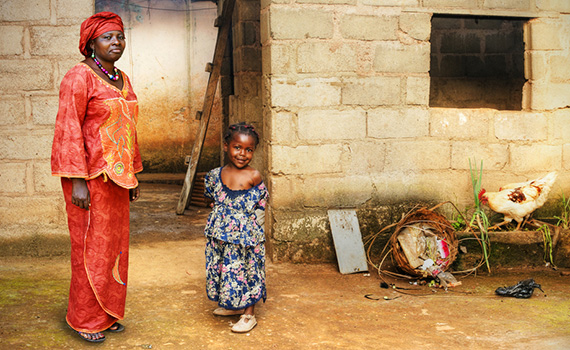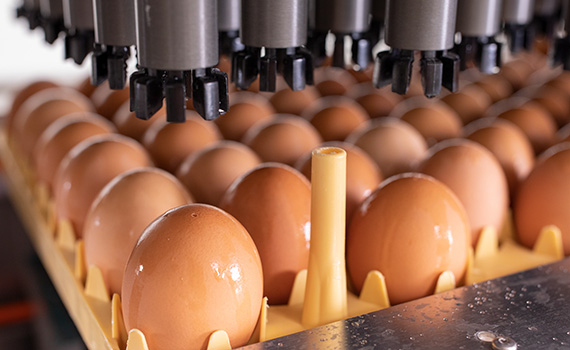Bill Gates leading drive to buy chicken flocks for impoverished families

If you were living on $2 a day, what would you do to improve your life? If you’re Bill Gates, you’d raise chickens.
“It’s pretty clear to me that just about anyone who’s living in extreme poverty is better off if they have chickens,” the billionaire philanthopist wrote in his personal blog, gatesnotes.
He said they’re easy and expensive to take care of and require only a few vaccines. Gates also thinks chickens are a good investment for families in poverty, noting that a farmer with as few as five hens and a neighbor with a rooster could grow the flock and earn more than $1,000 a year, versus the extreme poverty line of $700 a year.
Gates noted that chickens also help to keep children healthy. “Malnutrition kills more than 3.1 million children a year,” he reported. “Although eating more eggs — which are rich in protein and other nutrients — can help fight malnutrition, many farmers with small flocks find that it’s more economical to let the eggs hatch, sell the chicks, and use the money to buy nutritious food.”
The blog said the Bill and Melinda Gates Foundation was “betting on chickens” and was working in sub-Sahara Africa to create sustainable market systems for poultry.
“It’s especially important for these systems to make sure farmers can buy birds that have been properly vaccinated and are well suited to the local growing conditions,” Gates added. “Our goal: to eventually help 30 percent of the rural families in sub-Saharan Africa raise improved breeds of vaccinated chickens, up from just 5 percent now.”
As a city boy from Seattle, Gates said it’s taken time for him to develop an appreciation for poultry’s role in feeding the world.
“When I was growing up, chickens weren’t something you studied, they were something you made silly jokes about. It has been eye-opening for me to learn what a difference they can make in the fight against poverty. It sounds funny, but I mean it when I say that I am excited about chickens.”
Posted on June 14, 2016
 We’re glad you’re enjoying
We’re glad you’re enjoying










